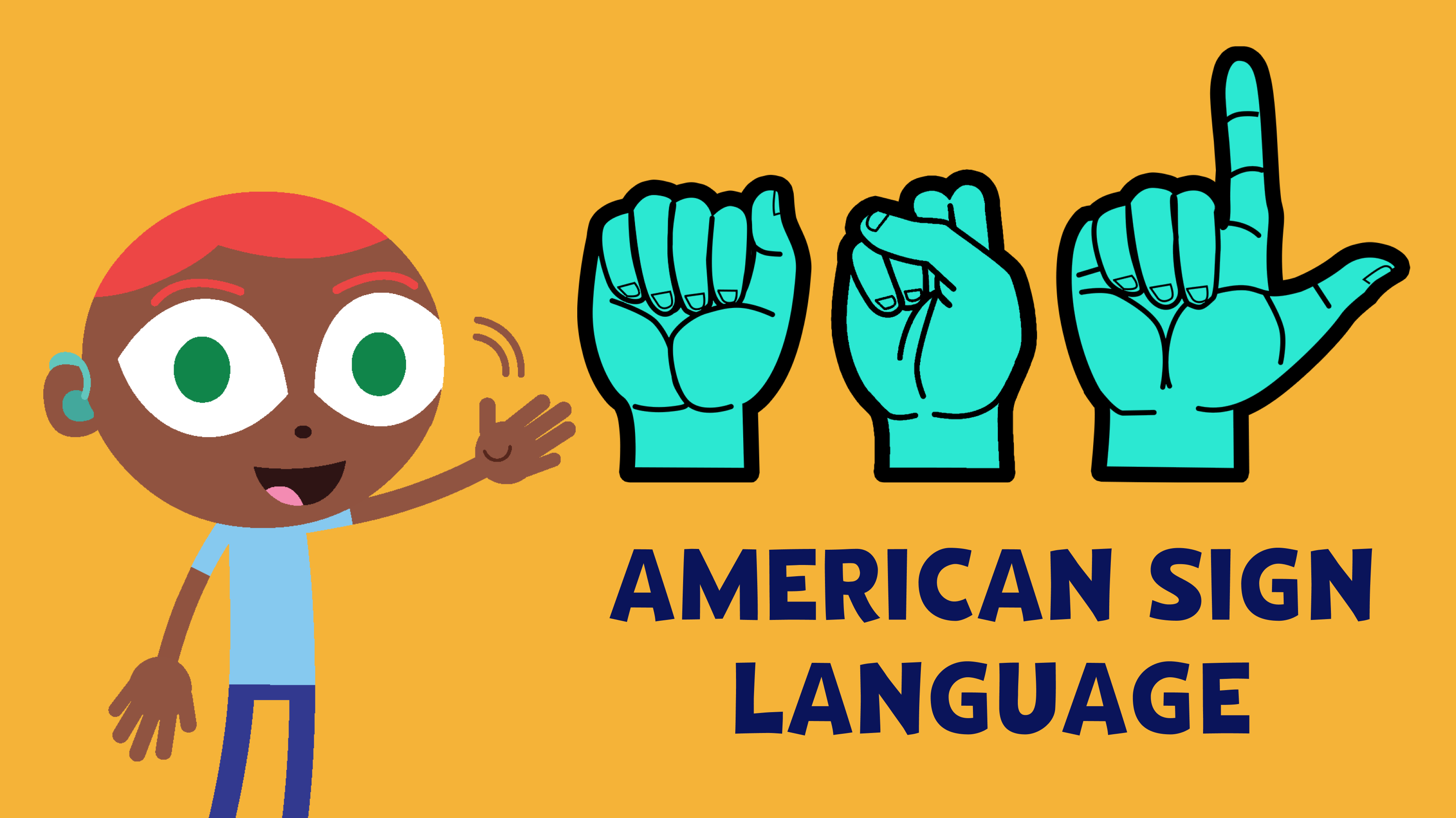PBS Kids Adds American Sign Language to Streaming Content
Six series will include ASL interpretations for free on PBS Kids streaming platforms

As part of a push to improve the accessibility of its content, PBS Kids has announced that it has integrated American Sign Language (ASL) interpretations into multiple series that will be available for free on PBS Kids digital streaming platforms.
This new content builds on PBS Kids’ extensive accessibility offerings, the network reported. Working with series producers from GBH Kids, Fred Rogers Productions, along with Bridge Multimedia and The Described and Captioned Media Program, PBS Kids integrated ASL interpretations into six popular PBS Kids series, with 10 episodes for each.
The series with ASL-integrations include: “Work It Out Wombats!”, “Pinkalicious & Peterrific”, “Arthur”, “Daniel Tiger’s Neighborhood”, “Donkey Hodie”, and “Alma’s Way”. The series with the ASL interpretations went live on April 18.
PBS Kids also reported that its efforts to improve accessibility included research into their audience and their needs. The research found that for its audience, kids aged 2-8, is learning to read, but many are not yet independent readers. For those younger deaf and hard-of hearing (HoH) kids, they can’t simply access the audio content of a story via captions, but are in need of and benefit from seeing the ASL translations.
As part of the effort, PBS Kids and Bridge Multimedia also closely studied the optimal ASL placements and integrations within programming through user testing.
This research-based attention to detail involved the placement of the ASL interpreter on-screen, who was moved around based on proximity to the character who is actively speaking. The interpreter also wears props (i.e. glasses) to look more like the character they were interpreting, PBS Kids reported.
In addition PBS Kids also focused on the facial features of animated characters that indicate the ASL playlist on the website. For example, an initial design for the animated Deaf and hard-of-hearing (HoH) character did not include eyebrows. Following input from expert advisors indicated that eyebrows are an important aspect of facial communication that Deaf and HoH people rely on, the characters were redesigned.
Get the TV Tech Newsletter
The professional video industry's #1 source for news, trends and product and tech information. Sign up below.
George Winslow is the senior content producer for TV Tech. He has written about the television, media and technology industries for nearly 30 years for such publications as Broadcasting & Cable, Multichannel News and TV Tech. Over the years, he has edited a number of magazines, including Multichannel News International and World Screen, and moderated panels at such major industry events as NAB and MIP TV. He has published two books and dozens of encyclopedia articles on such subjects as the media, New York City history and economics.

